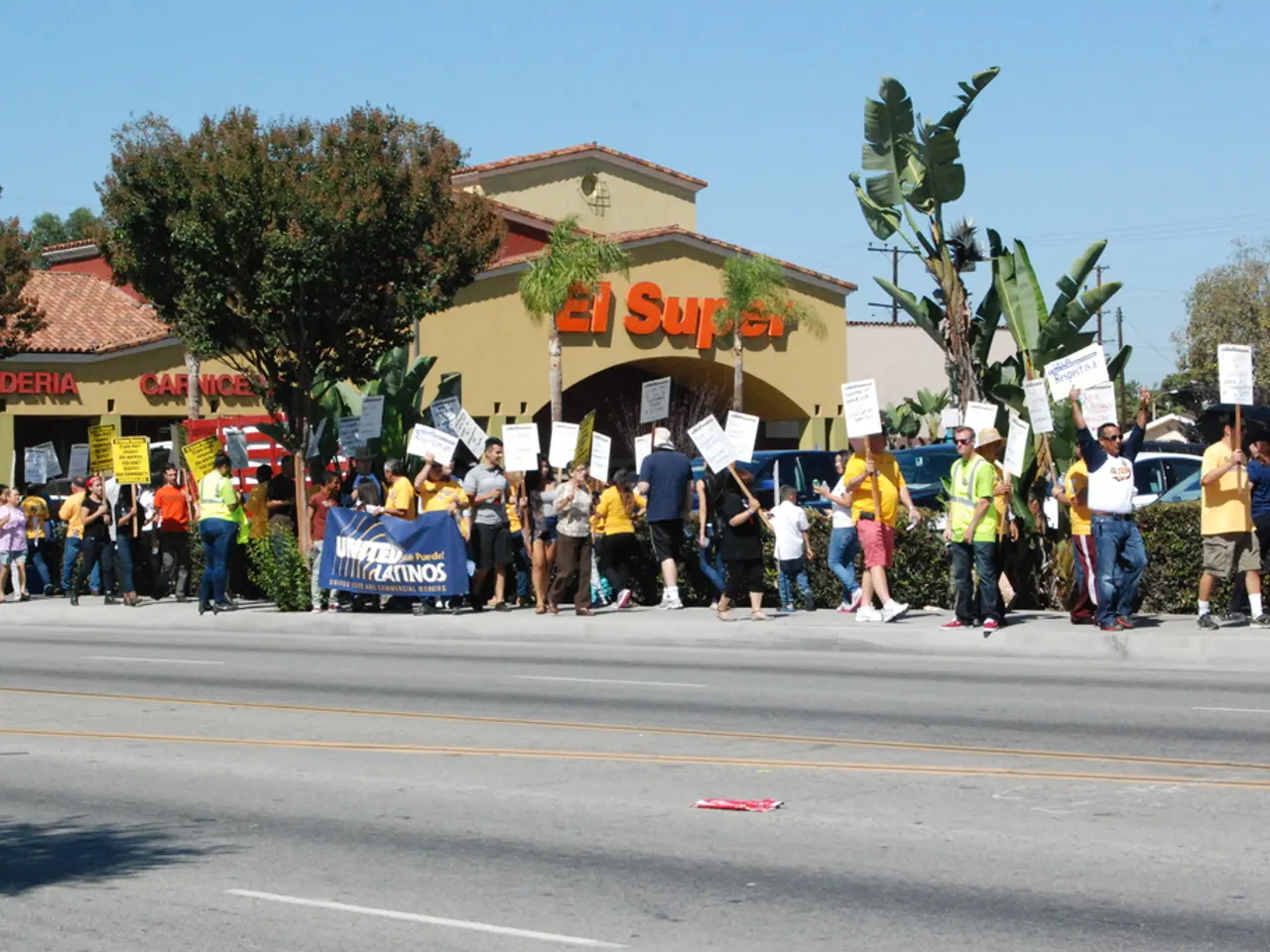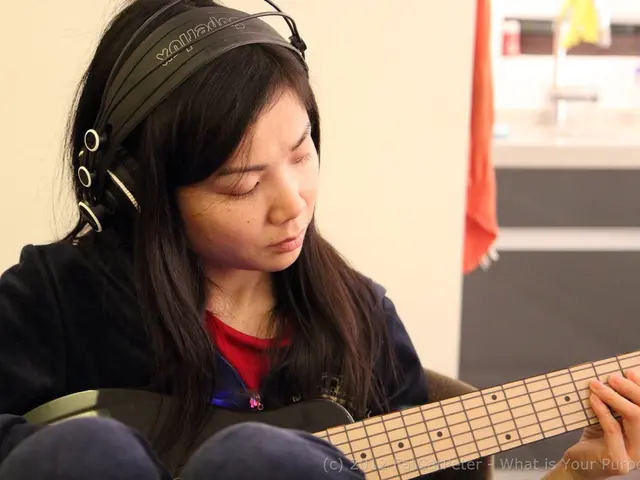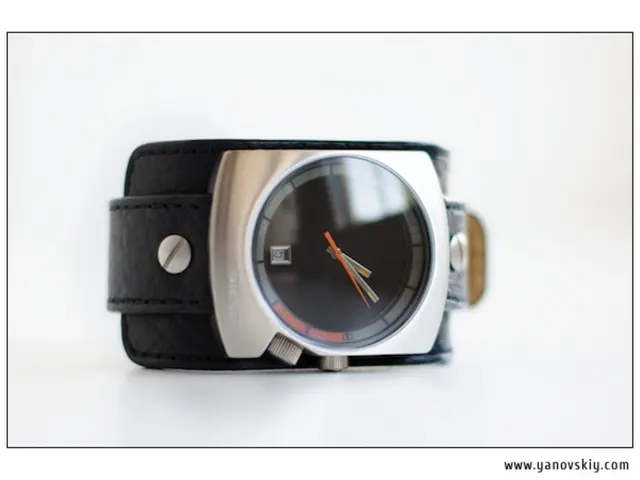Digital aid provider Local-O-Mat and Co. providing services as digital assistants during local elections in three cities within the OWL region
Digital Voting Aids Offer Informed Choices for North Rhine-Westphalia Voters
The upcoming local elections in North Rhine-Westphalia, scheduled for September 14, are seeing a surge of digital tools designed to help voters make informed decisions. These aids, such as the "Düssel-O-Mat", "bonn-o-mat", "Wahl Buddy", and "Kommunalwahl-Navi", are offering nonpartisan information about candidates, policies, and voting procedures.
In Düsseldorf, the "Düssel-O-Mat" has been developed specifically for young people, covering topics like the planned new construction of the Düsseldorf Opera. Meanwhile, the "bonn-o-mat" in Bonn focuses on 30 theses, with 13 parties answering questions on topics such as free swimming lessons, the establishment of an additional comprehensive school, and a cable car to Venusberg.
The "Kommunalwahl-Navi" is another digital aid, developed by the NRW School of Governance at the University of Duisburg-Essen and the University of Münster, and available in eight major cities. This tool helps voters compare their own stance with the parties' positions.
In Solingen, voters can express their positions on 20 theses, while in Gütersloh, Münster, Coesfeld, Witten, Duisburg, Krefeld, Cologne, Haan, and Aachen, the "lokal-o-mat" developed by the State Center for Political Education and Heinrich Heine University Düsseldorf offers 30 communal political theses for voters to agree, disagree, position themselves neutrally, skip, or give special weight to.
While the effectiveness of these online voting aids in influencing informed voting decisions in North Rhine-Westphalia is currently unclear, international studies suggest potential benefits in improving efficiency and inclusivity. For instance, the case of South Africa's Independent Electoral Commission promoting e-voting for these reasons could be relevant to local contexts like North Rhine-Westphalia.
However, no specific studies or evaluations for North Rhine-Westphalia's local elections were identified, and more targeted research or official reports from German electoral authorities or political science research institutions would be needed to precisely assess effectiveness.
Julia Schwanholz from the University of Duisburg-Essen asserts that using an election aid makes voters more informed and more likely to vote. Thousands of local mandates are at stake in the elections, making these digital tools valuable resources for voters seeking to make informed decisions.
These digital aids are supported by various civil society institutions, such as the "Open Communities.NRW Institute" for the "bonn-o-mat". The theses for each city were developed by scientists with around 60 students and sent to all candidate parties, voter alliances, and citizen lists in the mentioned cities.
As the local elections approach, these digital tools offer a convenient and accessible way for voters to learn about the candidates and issues, potentially increasing voter engagement and participation. While the exact impact on voting decisions remains to be seen, these aids provide a valuable resource for voters seeking to make informed choices.
Read also:
- Long-Term Prescription Drug Impact on Brain Function
- Benefits, sources, and supplements for Vitamin D and its role in addressing osteoporosis
- Diabetes Management during Pregnancy: Keeping Tabs on Blood Sugar Levels and Lifestyle Adjustments
- Life Expectancy with Interstitial Cystitis: Exploration of Research, Treatment Methods, and Additional Information








